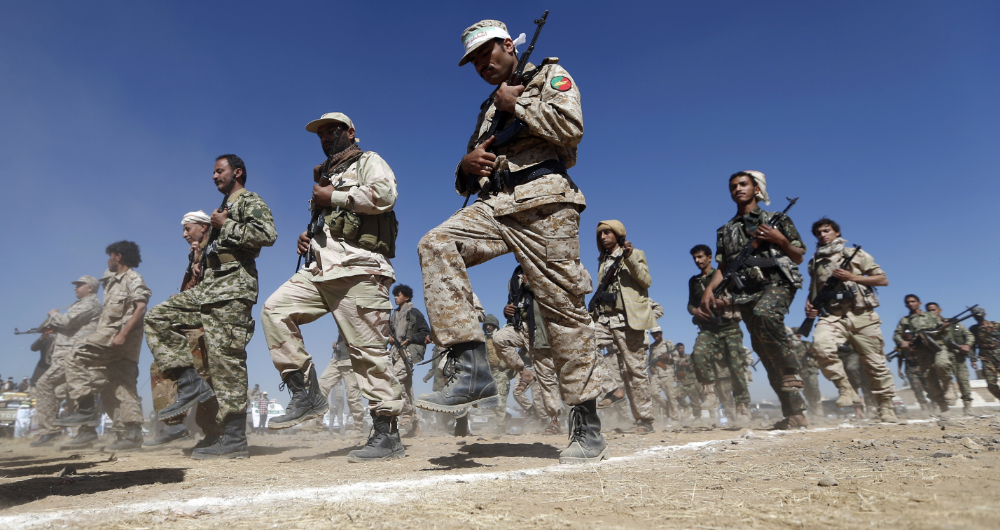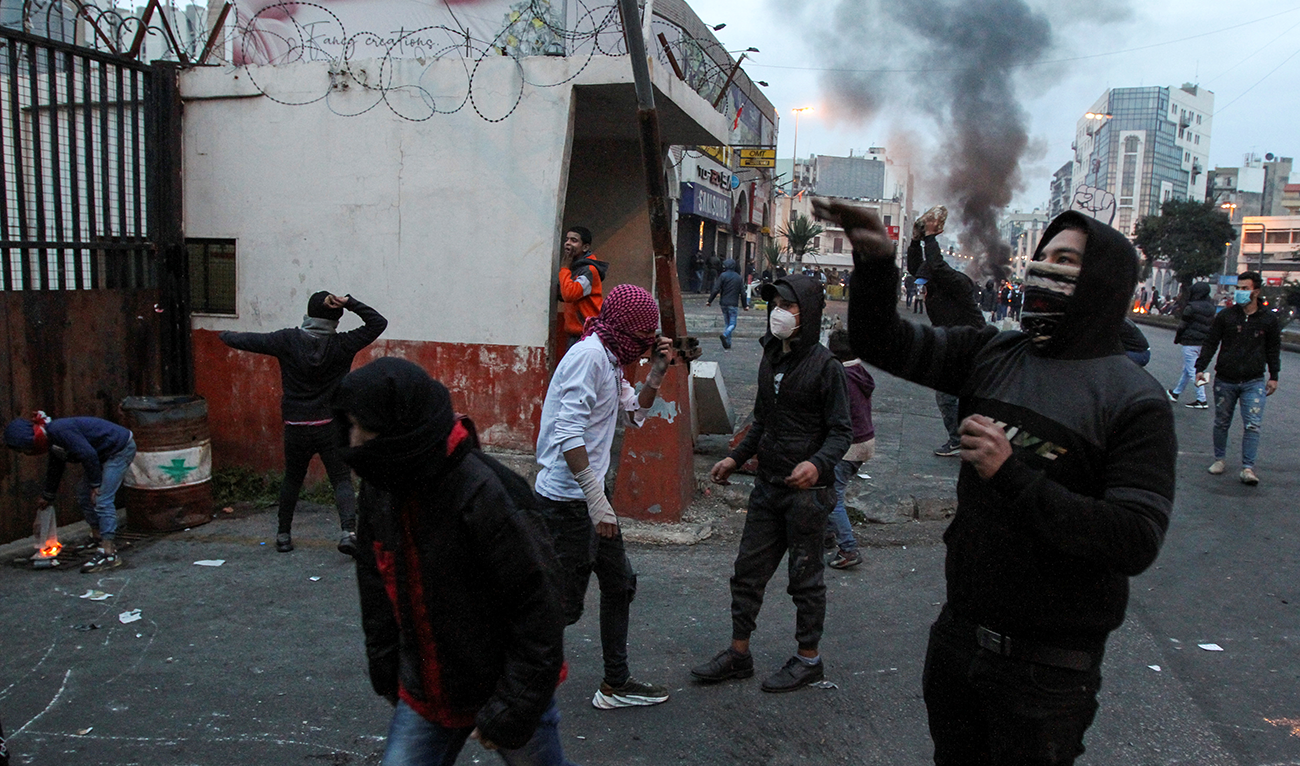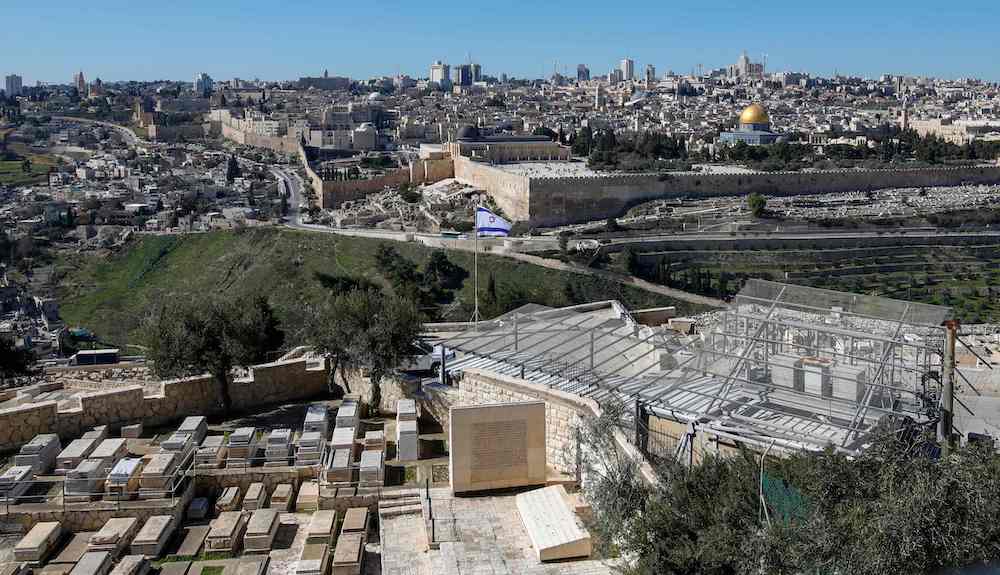Ending Houthi sanctions raises Iran terror threat, critics warn
CHICAGO: The decision by US President Joe Biden to suspend some sanctions against the Houthi militia in Yemen has raised concerns about a possible escalation in Iran-backed terror attacks.
The US Treasury on Monday said that the sanctions — announced by former US secretary of state Mike Pompeo as one of the outgoing Trump administration’s last acts — will be suspended for a month, pending a review by newly appointed Secretary of State Anthony Blinken.
The review is also expected to consider reversing the Houthi militia’s designation as a terrorist organization.
However, Blinken did not issue a statement on the decision, which was leaked to some news media wire services, while all of Pompeo’s public releases were removed from the State Department website and archived, removing them from public view.
According to some observers, Biden may be using the decision to encourage negotiations with Iran as his administration moves to restore the Joint Comprehensive Plan of Action (JCPOA) agreement that Trump terminated.
However, Jason Greenblatt, former Trump administration envoy to the Middle East, told Arab News that the suspension of Pompeo’s sanctions will result in increased attacks against Gulf nations.
“These Iranian-funded terrorist murderers attack our friends and allies such as Saudi Arabia and cause tremendous suffering in Yemen,” Greenblatt said, defending Pompeo’s sanctions as “correct.”
“This is similar to the situation in Gaza with Iran-funded Hamas and Palestinian Islamic Jihad attacking Israel and also being the cause of tremendous suffering to Palestinians. It is a mistake for the Biden administration to not call the Houthis what they are — terrorists, pure and simple.”
The call to suspend the sanctions was made by NGOs and aid agencies working in the war-torn country, which feared they would be targeted for providing assistance.
Designating the Houthis as a “foreign terrorist organization” hampers humanitarian work, they argued.
However, supporters of the designation argue that lifting sanctions will allow Iran to expand its base in the Gulf, resulting in more terrorist attacks similar to the repeated Houthi missile and drone strikes directed at Riyadh last week.
The announcement riled many Iranian dissidents who have been victimized by Iran’s ruling mullahs. Dissident leaders said they were shocked by the suspension and urged Biden to maintain the terrorist designation.
“The undisputed fact is that the Houthis are a creation of the Islamic Republic. The mullahs have been offering ideological, military and terrorist training to them since the early 1990s,” one leader, who asked not to be identified, said.
“Iran provides the Houthis with huge caches of weaponry, missiles, drones and other lethal arms that have prolonged that deadly and tragic conflict. As such, lending legitimacy to the Houthis will only undermine the stability of the Middle East region and embolden the Houthis to engage in further aggression, the primary victims of which are the people of Yemen.”
Biden campaigned on the promise to rejoin the JCPOA and restore relations with Iran in exchange for Tehran’s promise to eliminate its stockpile of medium-enriched uranium and cut its stockpile of low-enriched uranium, but Trump and others accused Iran of secretly building its nuclear arsenal.
Greenblatt described the situation as a “battle of good versus evil,” adding: “We don’t help matters when we hide from the truth. We must stand with our friends and allies such as Saudi Arabia.”

Houthi, Iranian influence will ‘reshape’ Yemeni society, warns UK ambassadorYemeni government and Houthis hold prisoner swap meeting



